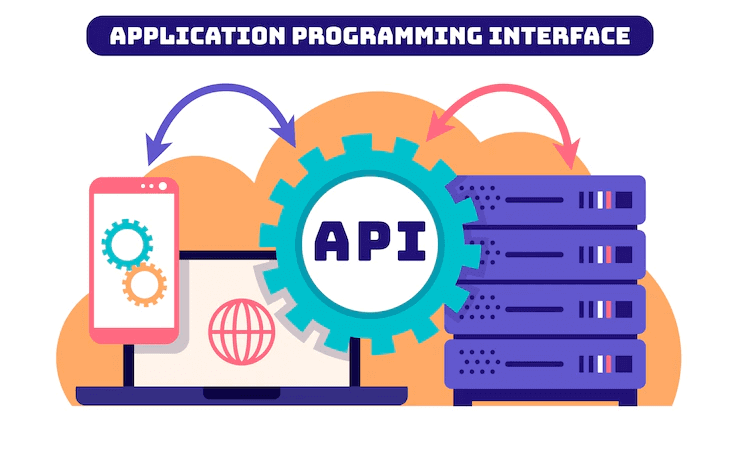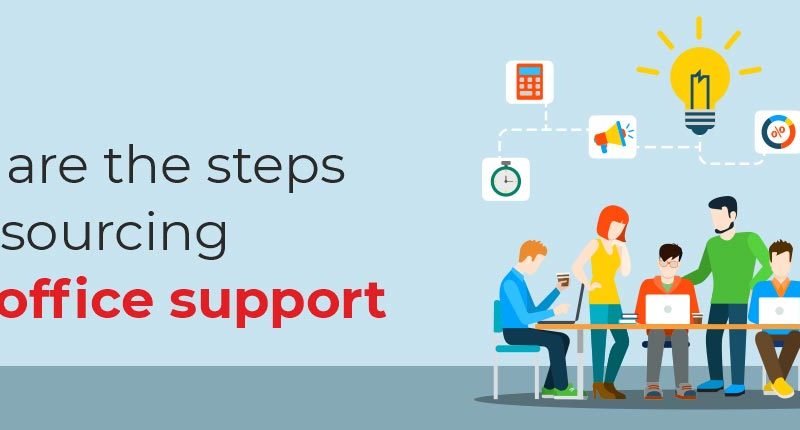How to be an entrepreneur and still have a life

When it comes to starting and running your own business – whether on your own or with a partner – you will inevitably find yourself working all the time. For a time, you might take pride in it, wear your superhuman work ethic like a badge of honor, chalk it up to the passion that goes into doing what you love.
However, after a while, if you’re not careful, you’ll start to feel the burnout. You may fight more than usual with your spouse. You may spend days coming home after your children have gone to sleep and leave before they have woken up. Maybe she hasn’t seen her non-work friends in months.
1. Find out what makes you happiest
Contrary to what other entrepreneurs may tell you or show in their daily habits, this type of abandonment of home and life is not normal. It ‘s not necessary to get your startup going and, more importantly, it’s not healthy in any way. When it comes to maintaining your work-life balance, make sure you choose life.
Although your passions can lead to future happiness, it’s important not to downplay the things that make you happiest in your life overall. Think about what you miss most from your life before. Whether it’s keeping a regular date with your partner, playing with your kids, the simple pleasures of a long walk or a weekend stroll.
Just being able to remember the simple pleasures of life outside of the office and make them a priority is an important step in getting out of the burnout slump . It is important to design your life to be happy. It does not occur by itself.
2. Prioritize a regular routine and stick to it
Once you have identified the activities that make you happy, spend time with them. The best way to maintain work-life balance is to maintain a regular routine. For an entrepreneur, this may not be feasible: after all, there are meetings and conferences to attend, tight deadlines, and long-running assignments that take longer than expected (always).
But it is possible to maintain a free schedule for normal days that includes going home for lunch (even if you have to return to the office right away), a walk on Saturday morning or a yoga class. If you don’t have a “standard workday,” as many employers don’t, you can still make a plan for the day when you wake up, and make sure you schedule time to do what you love.
3. Welcome pets into the office
Obviously, having dogs roam the office hallways is not feasible in all workplaces, as some buildings do not allow pets and some people are allergic.
However, if possible, for example if you have a small animal-loving staff in a pet-friendly building, allowing yourself and your team to bring their dogs to the office can reduce stress levels by at least 12 %, according to a 2012 study from Virginia Commonwealth University [ENG], improve human relationships and force yourself to take walks, which helps you interact with the outside world, as well as boost creative thinking [ENG].
4. Digital detox
For people who are self-employed or self-employed (freelancers, entrepreneurs, and other independent contractors) it can seem like they are constantly working even when there is no work. One of the main factors contributing to this never-after-hours feeling is having a smartphone within arm’s reach at all times, ringing incessantly every time you have another email, text, Facebook notification, message in Slack and all other announcements in the application.
While we feel that we are working all the time because we are always receiving these work reminders at all hours, the quality of that work suffers [ENG], our relationships with the human beings around us suffer, we are no longer able to recover from one rough week, and we sink further into a cycle best described as pathological internet addiction.
Consider turning off all notifications and scheduling your time online. Spend time in your day responding to emails, check Facebook and Twitter only at the end of the day. Don’t pull out your phone during meetings, meals, family time, or your peak work hours, unless you’re expecting an urgent message. Your work life will benefit from it, and so will your family life. That’s what work-life balance is all about.
5. Exercise and live nutritiously
The benefits of exercise for a working adult are endless. Beyond all the physical benefits of regular training (longer life, slimmer waist), exercise can also curb anxiety and reduce stress levels [ENG], improve self-esteem, release endorphins and make you feel feel happier [ENG], increase your energy and improve the quality of your work.
And most importantly, exercise and a healthy diet help remind you of life outside of work. Taking a midday yoga class or a quick break at the gym will have you coming back to the office refreshed, and a quick ten-minute walk around the block allows for some fresh air and a little creative boost.
6. Take a vacation
For an entrepreneur who works 18-hour days, 7 days a week and has his cell phone practically glued to his hand, the idea of taking a vacation is the furthest thing on his mind. After all, “there’s too much to do at work! How will my team survive without me? Maybe I’ll take a vacation later. After we have a working prototype, after TechCrunch Disrupt, after our staffing issues have been resolved.”
Of course, we all know that “later” could well be never; there are always new problems, new work tensions, new detours. That is why you have to take a vacation as soon as possible. Vacations not only give you the downtime you need to recover from months of overwork, but they jumpstart new ideas from unique experiences, refocus your attention on needed goals, allow you to spend more time with people who love and help your team gain independence for themselves without having to run to you with their problems all the time.






